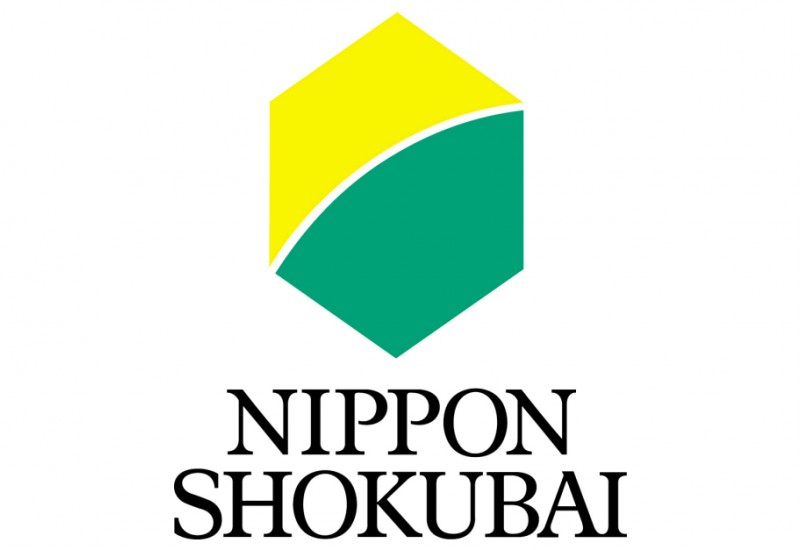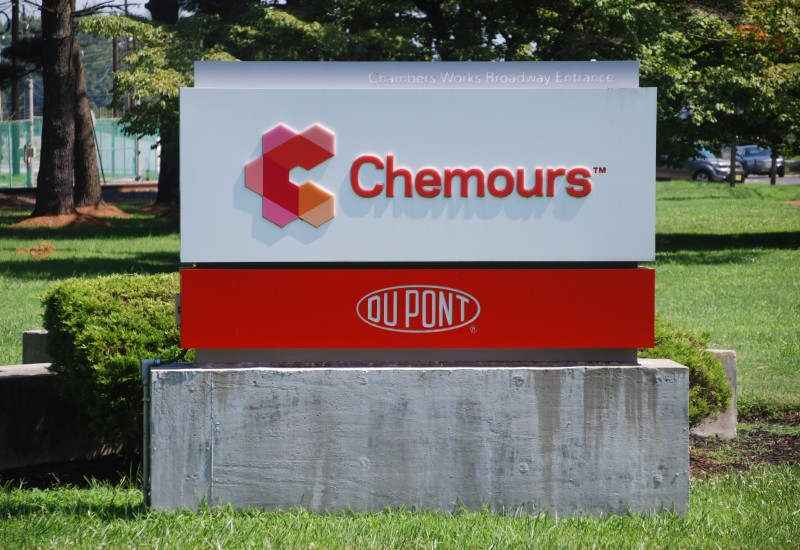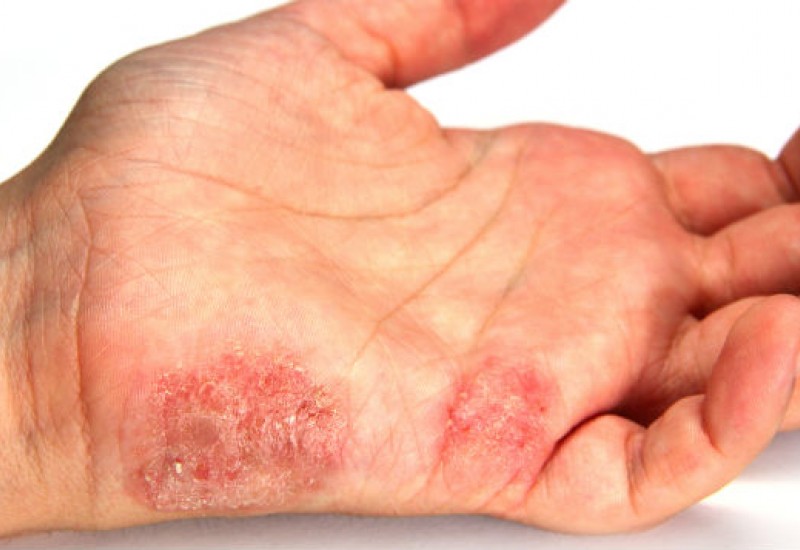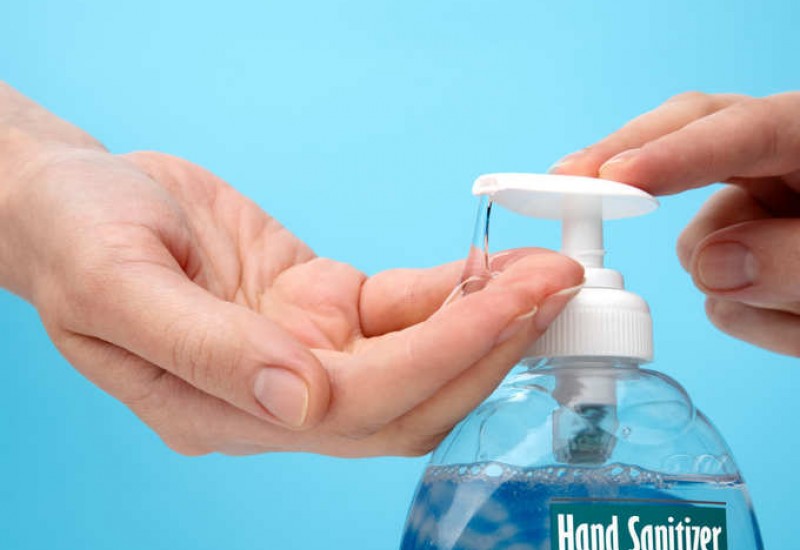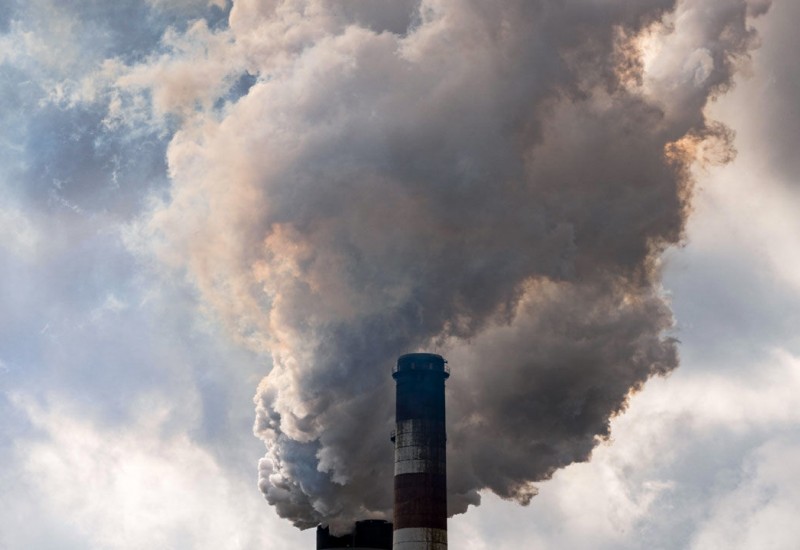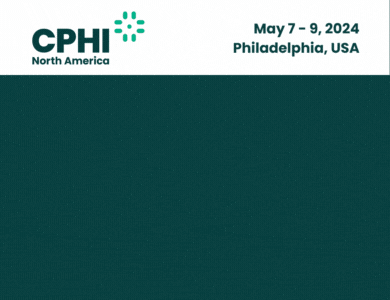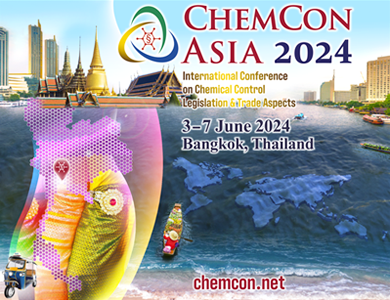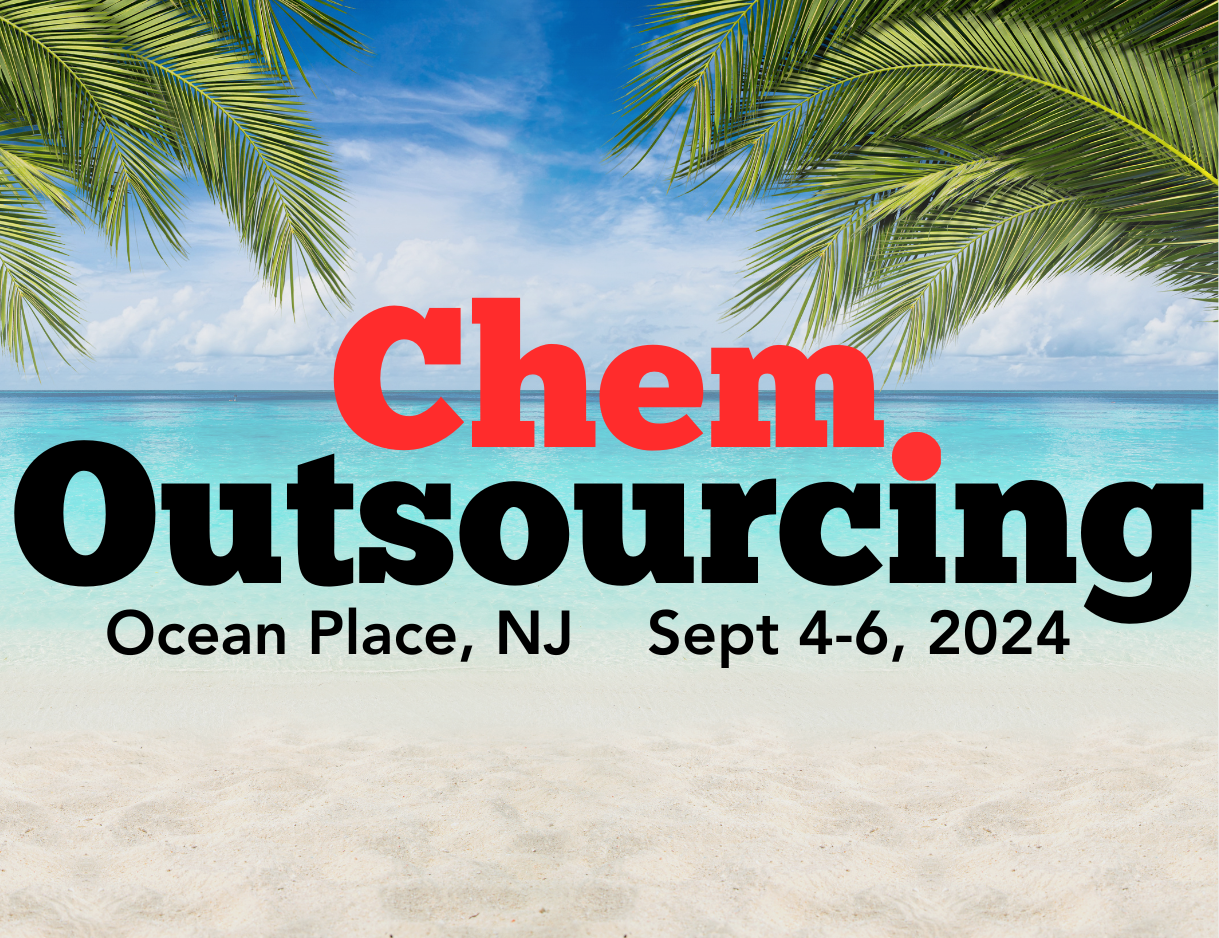Nippon Shokubai goes green
Nippon Shokubai has established a new Green Innovation department within the Innovation & Business Development division. This, the company said, will integrate sustainable projects with research planning and development organisations related to energy and resource use. Its key responsibilities are to develop:
* Manufacturing methods from bio-based raw materials of the firm’s core products of acrylic acid and ethylene oxide
* CO2 capture and conversion technology
* New technologies for ammonia manufacturing and utilisation



